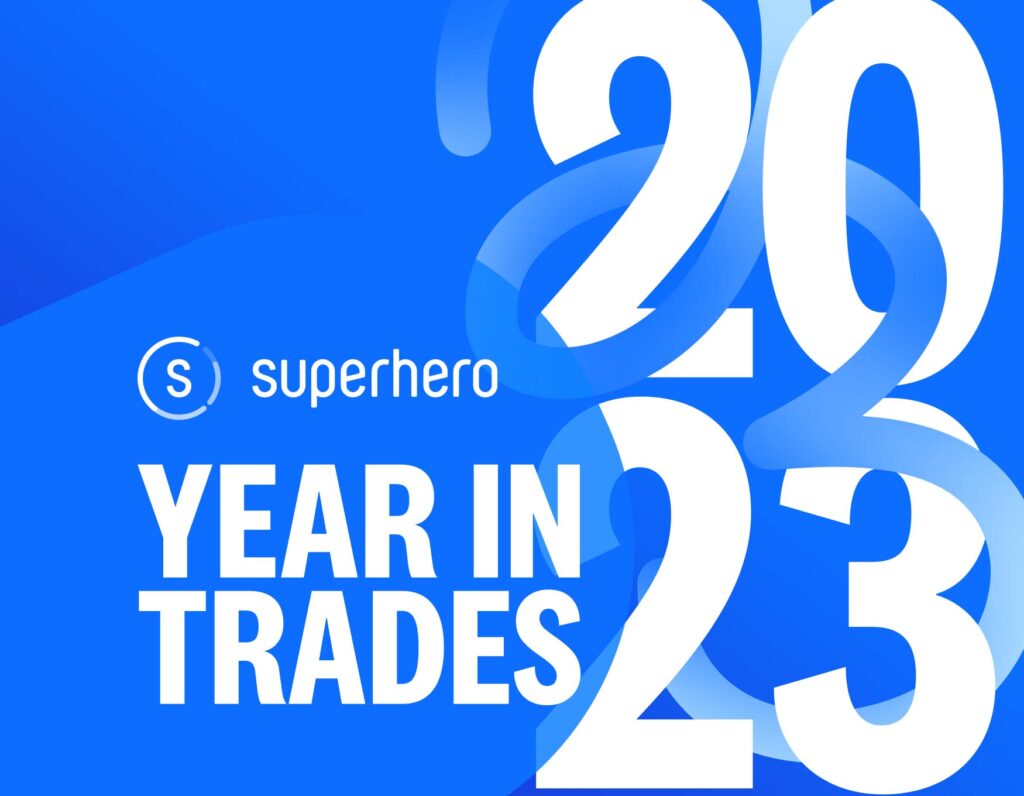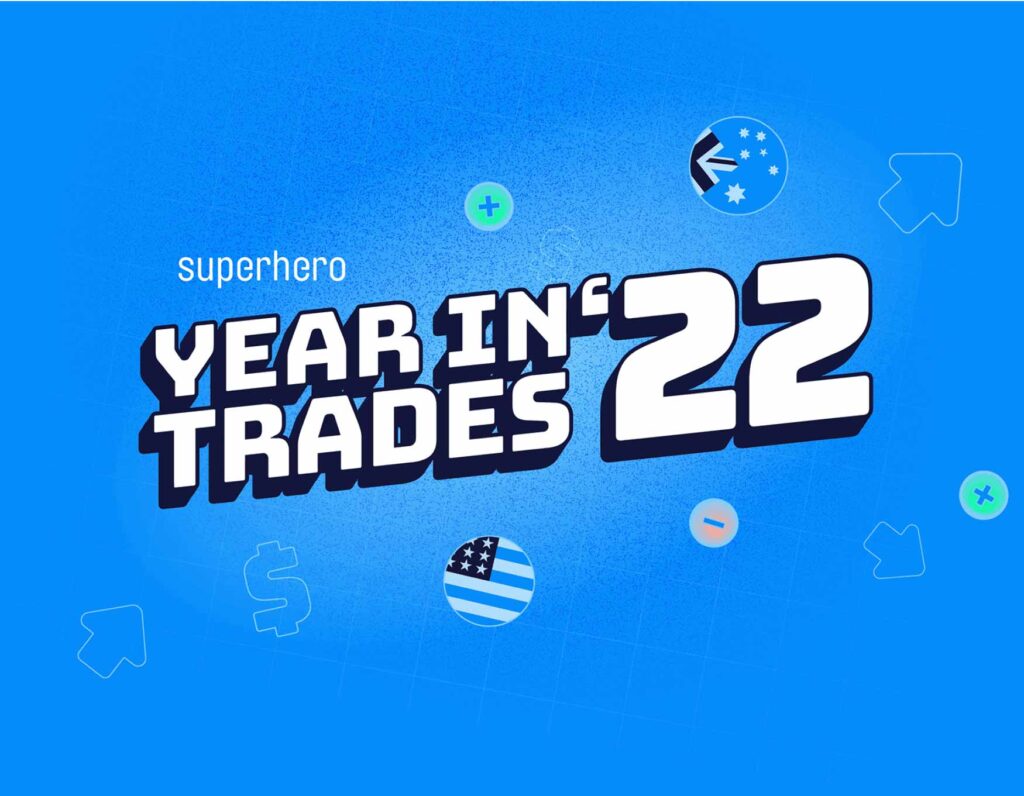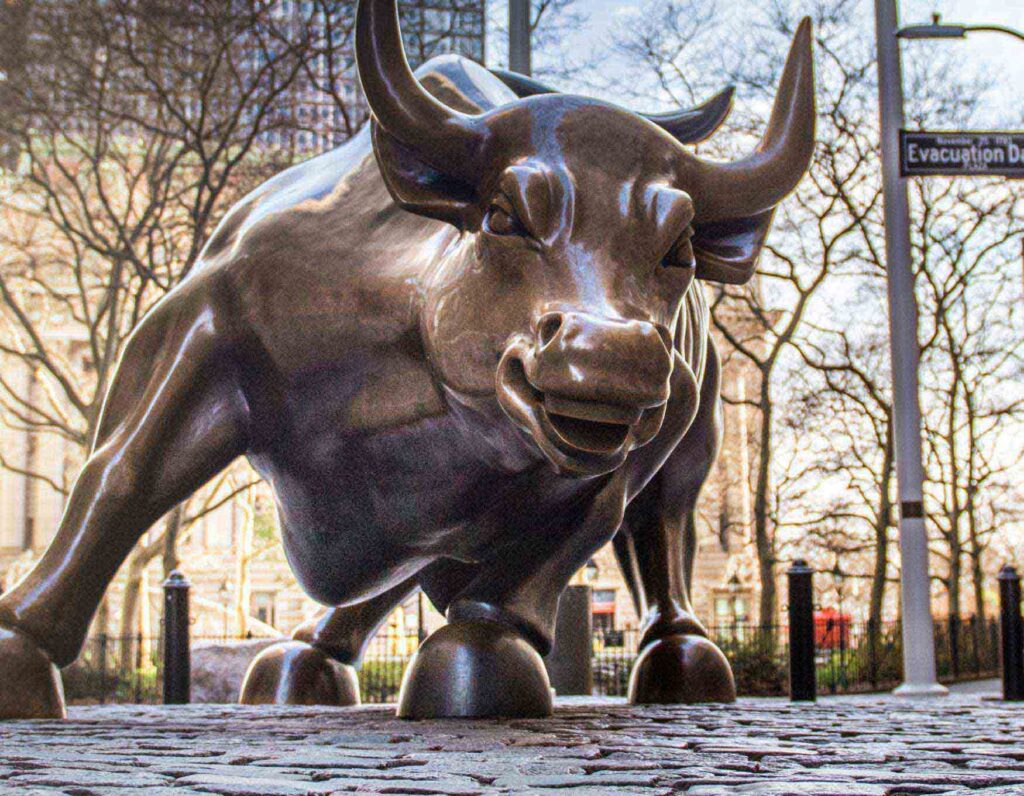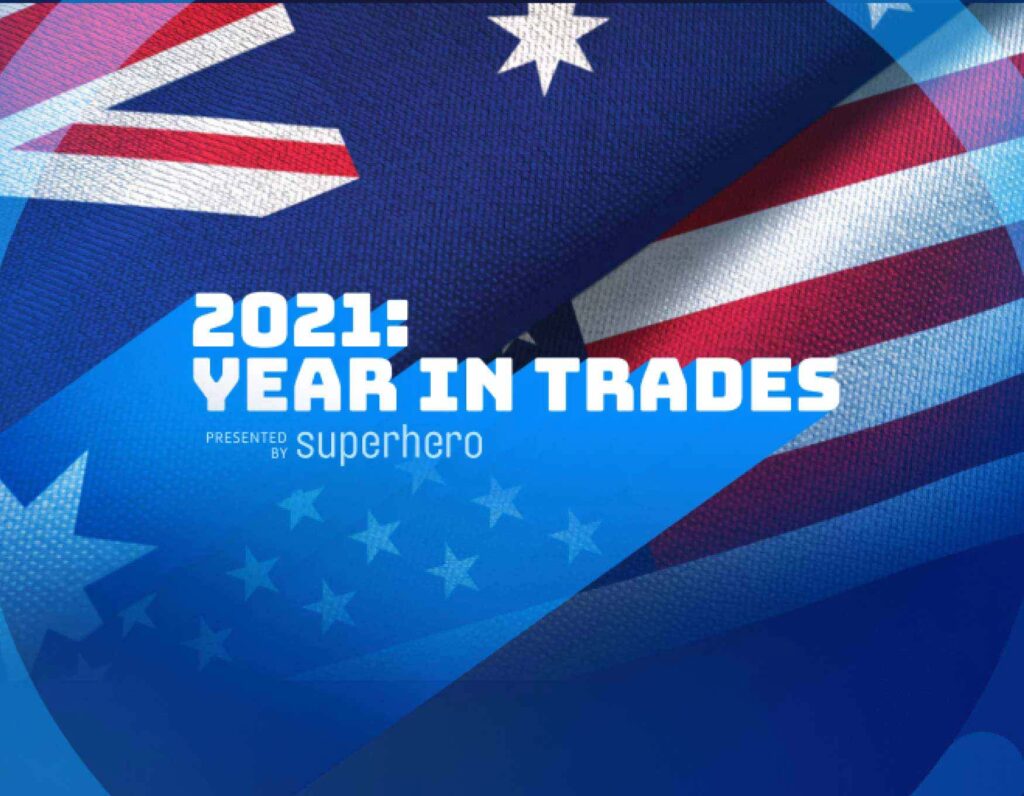Scan this article:
How many research reports does it take to bring down one of India’s biggest companies?
One activist short seller released a single, scathing report targeting the world’s third-richest man, Gautam Adani. Yes, that Adani. It struck a 45% blow to his company’s share price.
It’s one thing to take a short position. It’s another to publish your analysis to rally public support to bring down an entire company. But “Why not?” say those who see a chance to call out fraud and make some money along the way.
So, let’s explore the world of activist short selling and its implications for shareholders. Then, we’ll dive into the man behind activist firm Hindenburg Research and where his latest victims ended up.
What is activist short selling?
Activist short selling is a strategy used by investors to make a profit by publicly betting against a company’s stock. They do so by exposing things like fraudulent practices or overvaluation.
Short-selling activism can be useful for illuminating potential company issues that may be under wraps or not fully understood by the market. Usually, they’ll investigate a company and publicise their findings, which can batter share prices if investors get spooked.
But on the other hand, activist short sellers can also provide an opportunity for investors to make profits by taking a short position in a company’s shares (i.e. betting against them).
Who runs Hindenburg Research?
Hindenburg Research is an investment research firm founded by New York City resident Nathan Anderson. His headline-grabbing targeting focuses mainly on equity, credit and derivatives analysis and the firm has a strong track record of calling out companies that may have:
- Accounting irregularities: negligent or deliberate accounting errors or practices that misrepresent the true position or performance of a business.
- Bad actors in management or key service provider roles: individuals in positions of power who act maliciously or detrimentally towards shareholder interests.
- Undisclosed related-party transactions: transactions between parties with a conflict of interest, e.g. awarding contracts to family members.
- Illegal or unethical business or financial reporting practices: actions that violate laws or moral standards in regards to business and financial reporting.
- Undisclosed regulatory, product or financial issues: failure to release information on issues related to compliance with regulations, product safety or financial matters that could materially affect the share price.
Who has Hindenburg Research recently targeted?
Anderson has targeted about 30 companies over the past two years, including billionaire Gautam Adani’s fossil fuel empire. To put the impact of those reports into perspective, each of those company’s shares lost about 15% on average the next day.
So, what happened and where are they now?
Block’s Cash App
Jack Dorsey’s Block fell into hot water with Hindenburg Research on 31 March 2023, striking a blow to the company’s share price (not to mention the Twitter co-founder’s net worth).
Hindenburg Research released a two-year investigation into its popular pay-anyone service Cash App, alleging it facilitated fraud and other criminal activity. Block swiftly moved to dismiss the report’s allegations as “factually inaccurate and misleading.”
As of mid-April 2023, the company is still standing firm with plans to bring the millennial money app to Australian shores. And according to the Australian Financial Review, its shares have recovered more than half since the report was released.
Adani Group
On 24 January 2023, Hindenburg Research published a report which alleged serious accounting fraud and document manipulation over decades by Adani Group. The news sent markets into panic and saw the fortune of India’s richest person slip away.
Adani’s recent 413-page rebuttal may have denied allegations made by Hindenburg, but the report’s claims still had a significant impact on the group’s listed entities. Since January 25, Adani Group’s share price has fallen 45%. Gautam Adani is no longer India’s richest person.
Now, the biggest question remains: “Who will be next on the chopping block?”
A tug of war between long and short
The ethics of short selling is a contentious issue. Retail investors are often left high and dry by the cynical manipulation of institutional players acting only with a profit agenda.
But in early 2021, when retail investors in the Wall Street Bets subreddit caught wind of short sellers placing big money on GameStop’s demise, they rallied together to boost its stock price and outplay the big fish. The unified effort was largely a success and forced many short sellers to swiftly cover their positions.
Anyone in the trenches trying to grow or run a business is also at odds. Elon Musk famously argued that the practice should be illegal and called short sellers “jerks who want us to die.” But you might ask, “What’s the threat if you have nothing to hide?”
Hero of Wall Street, or villain?
Some see these short sellers as noble activists who make markets more efficient by rooting out fraud and bursting inflated valuation bubbles. Others see them as opportunists who manipulate markets for their own personal gain. But like any good story, the truth is not always black and white.
Short sellers, who bet against a company’s stock price, have been instrumental in exposing significant frauds worldwide. Examples include Enron, a massive energy company in the U.S., German payment processor Wirecard and Canadian pharmaceutical giant Valeant.
However, not all allegations made by short sellers have successfully exposed fraud. Sometimes, their accusations confuse the market, leading to short-term volatility.
Recently, short-selling outfits accused two ASX-listed companies, WiseTech and Lake Resources, of accounting improprieties. But these claims are yet to be proven.
Summary
- Short selling can play a significant role in uncovering fraud or mispricing. But when claims are wrong or unproven, their actions can cause short-term uncertainty and market volatility.
- The power of activist short sellers comes from their diligent research and track record.
Superhero does not provide financial advice that considers your personal objectives, financial situation or particular needs. Any advice provided is intended to be of a general nature only.

Become a part of
our investor community
Why you should join us:
- Join free and invest with no monthly account fees.
- Fund your account in real time with PayID.
- Get investing with brokerage from $2. Other fees may apply for U.S. shares.
Read our latest articles
Make knowledge your superpower and up your skills and know-how with our news, educational tools and resources.





![The top ASX lithium stocks by trade volume and performance [2023]](https://www.superhero.com.au/wp-content/uploads/2023/06/24-03_blog_news_toplithiumstocks_hero@2x-1024x796.jpg)



















